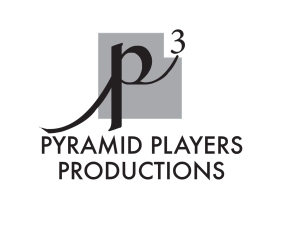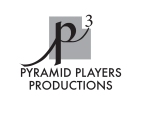 Quite by accident I ended up having dinner with friends and a Connecticut sculptor/university professor and his wife. The conversation moved from art to students and then to history. Along the way we strayed into my favorite subject; information overload. For the professor, the availability of a wealth of information was mitigated by students with little or no ability to locate primary source material, determine the validity of the information or critique and analyze resources to support their theses.
Quite by accident I ended up having dinner with friends and a Connecticut sculptor/university professor and his wife. The conversation moved from art to students and then to history. Along the way we strayed into my favorite subject; information overload. For the professor, the availability of a wealth of information was mitigated by students with little or no ability to locate primary source material, determine the validity of the information or critique and analyze resources to support their theses.
In fact, information overload can make it more difficult to locate relevant information in a timely manner, let alone understand and digest it enough to use it to make informed decisions. Organizations, as well as human beings, face the same challenge. This is especially true of organizations in the non-profit sector where the need for services often exceeds the available resources.
P3 faces the same challenge, too much information and not enough time to process it, let alone draw meaningful correlations to our mission and goals. There are reams or terabytes of facts, figures, charts, graphs, research, grants and news that might prove to be instrumental in our journey towards empowering young people but we don’t have the time, energy and wherewithal to always do what we desire.
The P3 board is going on a retreat to determine our next steps. If you would like to join us drop me an email and I will give you details. If you have something valid to add to the community of people pushing this organization forward but cannot attend, let me know so that we can include you in the team of people necessary to make this organization a thriving vital part of the community.
